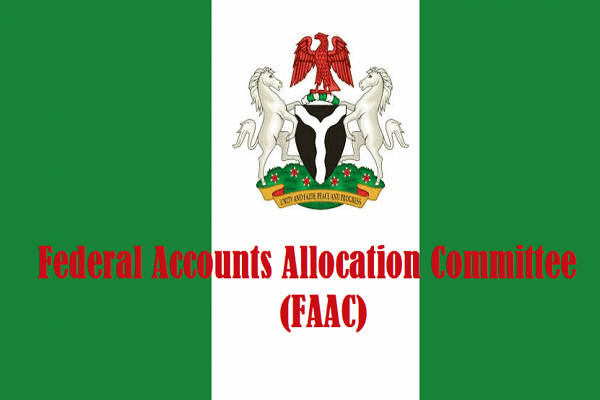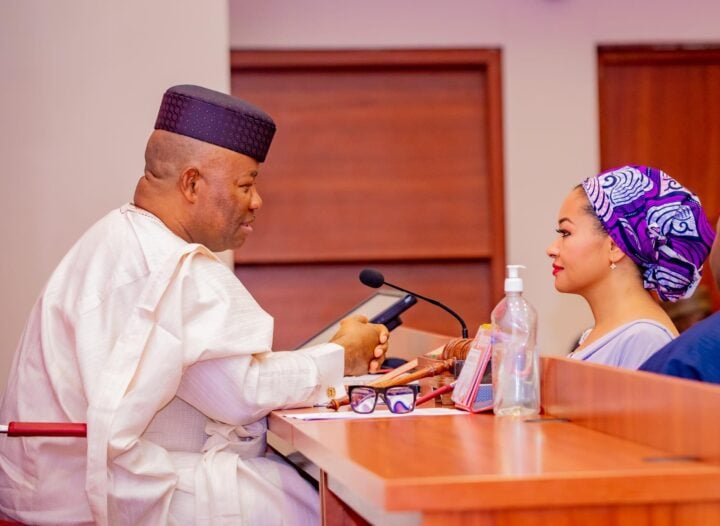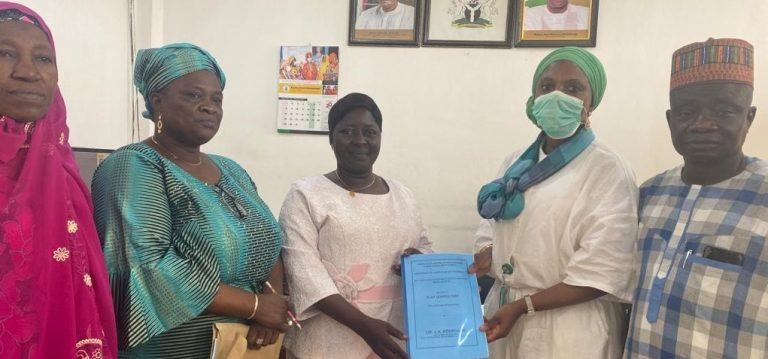Autonomy: Councils to receive direct allocation from January
Following the financial autonomy granted, the local council will, from January, begin to get direct allocation from the Federation Account, barring any last-minute change of plan.
According to a source who confided in The Nation at the weekend, the process will begin with the disbursement of this month’s allocation to the tiers of government.
The direct receipt from the Federation Account Allocation Committee (FAAC) will end the delay in implementing the July 11 judgment of the Supreme Court granting financial autonomy to councils.
Since the judgment was delivered, the Federal Government has ensured minimal disruption to state/local government operations.
The umbilical cord of the state/local government joint account into which council allocations are paid has been challenging to break because of subtle resistance by governors, who are displeased with the Supreme Court judgment.
A member of the Inter-Ministerial Committee established to enforce the Supreme Court judgment told The Nation that approval has been given for the direct FAAC allocations to LGAs from next month after all the issues were laid to rest.
The source explained that though some councils have been collecting their allocation directly, the process will be fully operational by next month.
The source said: “A few LGAs have already started receiving their direct allocations, but all of the 774 LGAs will fully start receiving their allocations from January 2025.
“Our committee will reconvene in January to review its progress and finalise measures before the Accountant-General of the Federation issues authorisation for the complete rollout.
“This is a critical juncture in Nigeria’s governance structure.
“Our January 2025 meeting will also address the actions of governors attempting to undermine the autonomy of democratically elected LGA chairmen, deputies, and councillors, ensuring they are not coerced into serving state interests.”
The source expressed disappointment with the suspension for two months of democratically elected local government chairmen and deputies by the Edo State House of Assembly, following a petition by Governor Monday Okpebholo accusing them of insubordination for not making available their financial statements as directed.
“It is highly undemocratic for governors to dissolve elected LGAs.
“Such actions undermine the autonomy granted to local governments and create an environment where LGAs become pawns in the hands of state executives,” the source said.
READ ALSO: Kwankwaso dismisses report of pact with Atiku, Obi ahead of 2027
Meanwhile, some states have laws seemingly to bypass the Supreme Court judgment.
The Anambra State House of Assembly, for instance, passed a Local Government Administration Bill mandating LGAs to remit a portion of their allocations into a state-controlled joint account.
Governor Chukwuma Soludo defended the legislation as necessary for transparency and collaboration, but critics, including civil society groups, accused his administration of undermining the spirit and letters of the Supreme Court judgment on financial autonomy for councils.
On the other hand, the Nasarawa State House of Assembly aligned with the Supreme Court ruling by abolishing joint accounts and restructuring its local government system to ensure compliance.
Governor Abdullahi Sule signed the bill, signalling support for grassroots financial independence.
As part of the Supreme Court judgment, which mandates councils to be run by democratically elected officials before being qualified to access direct allocation from the Federation Account, all the states have conducted elections which ushered in elected chairmen and councillors.
The Senate also weighed in, urging full compliance with the Supreme Court judgment.
It advocated constitutional amendments to remove ambiguities in Section 162(6) of the 1999 Constitution, which created state/local government joint accounts.
Senate President Godswill Akpabio emphasised the need for a clear framework to enforce local government autonomy effectively.
Source: The Nation







